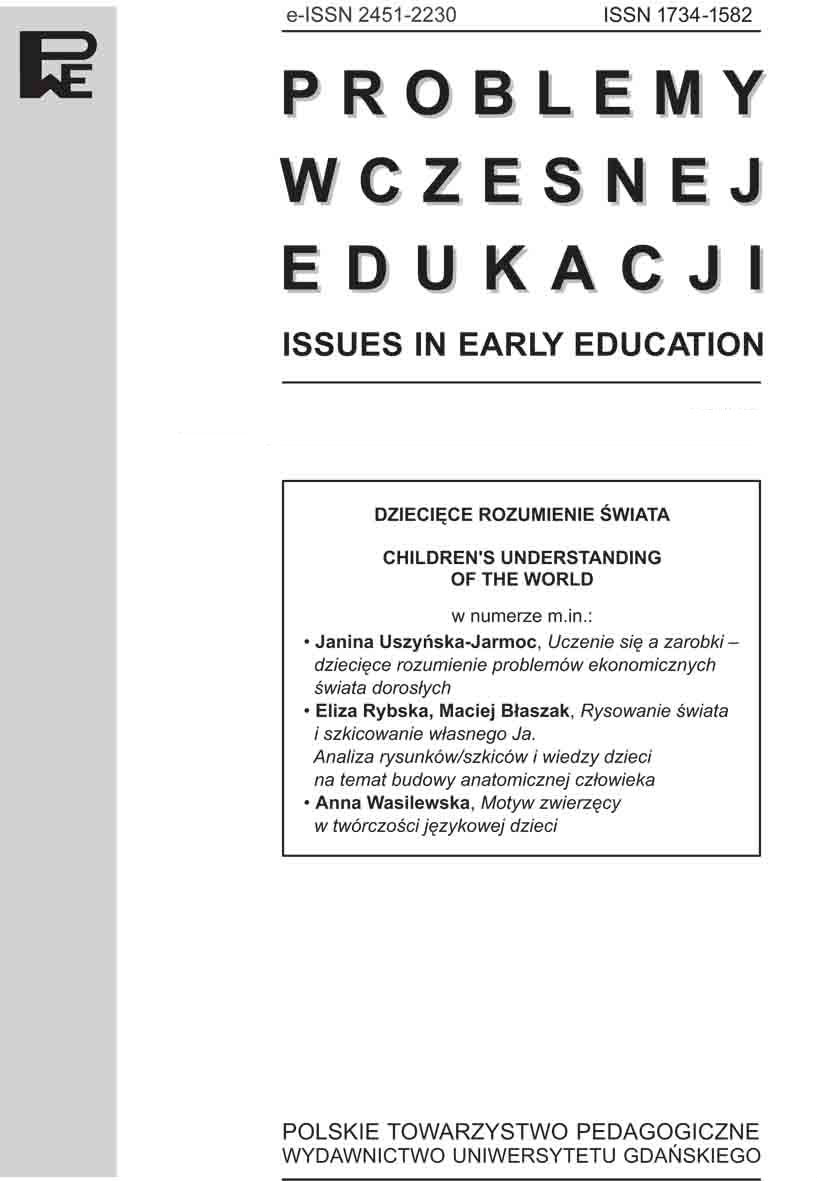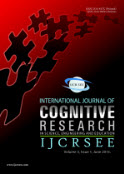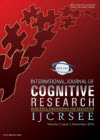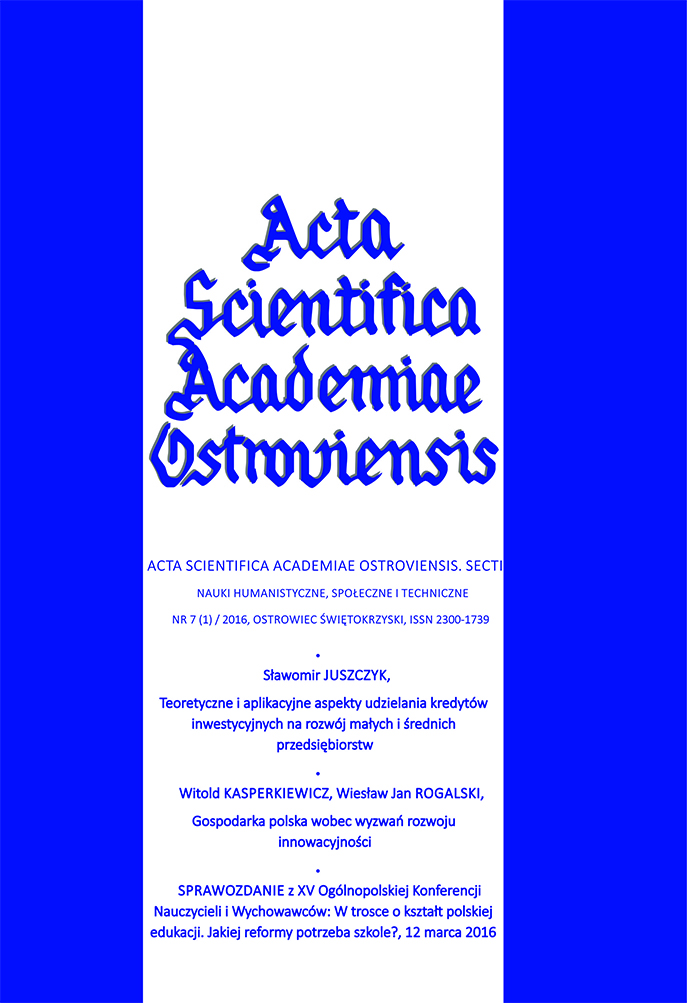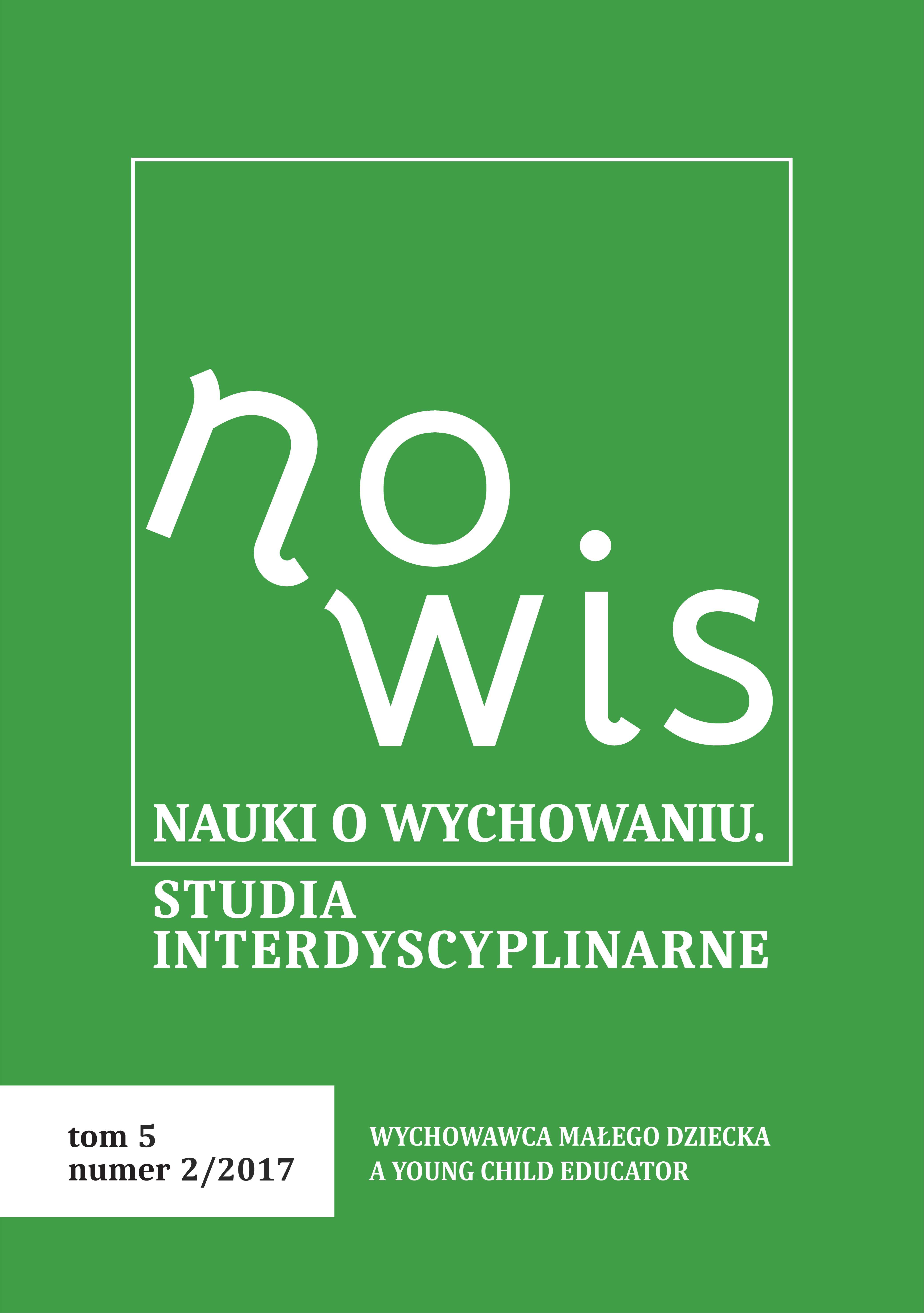Play and Learning at Preschool Child
Preschool period is the most important period regarding the physical and psychological development of the child. The role of kindergarten and kindergarten activities in default of all education is the foundation of the child. Social games are constructed to develop and strengthen skills for preschool cognitive development, language, emotional and social-emotional. The research pursued a harmonious intertwining between quantity and quality, given that they precede each other. Choosing the research methods he learned the nature of investigative tools appropriate to the time required to its performance but not least the need to demonstrate the desired depth assumptions. The family is that to start of the process of formation child, and later kindergarten to be the environment in which the child understands and accepts the rules of social life. The teacher aims to shape, to give of the child stability, all of them being required to better adapt to school. In order to achieve the objectives and hypotheses we proposed to use certain instruments through which I could capture the specifics of the game and learning at preschool age, from the perspective of educators, parents, and later we can see the baby directly. I chose as research tools: survey-based questionnaire and observation - observation grid.
More...
